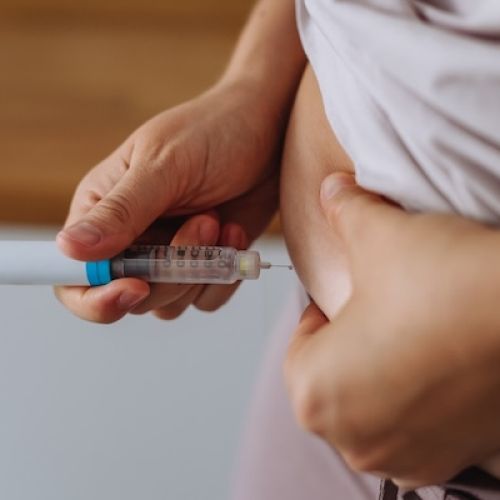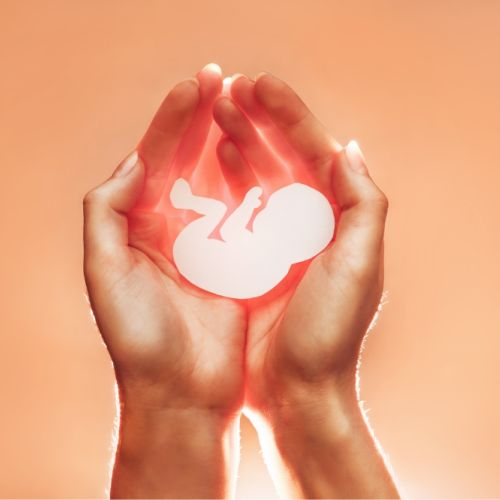What is the Best Fertility Treatment for Endometriosis?

Endometriosis is a disorder that’s often painful in which tissue that usually lines the inside of the uterus grows outside the uterus. This condition can make getting pregnant challenging since fallopian tubes, ovaries, and surrounding areas may be inflamed or scarred. As many as half of the women with this condition struggle with infertility. What is the best fertility treatment for endometriosis?
A variety of forms of assisted reproductive technologies may make it possible for women with endometriosis to attain a successful pregnancy. The experts at the Center for Reproductive Health can determine the best fertility treatment for you based on your unique situation.
Determining the Severity of Endometriosis
To find the best fertility treatment for you if you have endometriosis, your doctor needs to determine the severity of your condition. In the early stages of endometriosis, not many areas have been affected and there’s no scar tissue. In the later stages of endometriosis, tissue may be implanted in extensive areas of the abdomen and there may be scar tissue.
Medicine, surgery, or both may be recommended to treat your endometriosis. If your endometriosis is at an early stage and you’re under the age of 35, surgical removal of the tissue may be all the treatment you need for pregnancy to occur naturally. This type of surgery is usually done laparoscopically.
In Vitro Fertilization
In some women, even if endometrial tissue is removed, it grows back, which may lead to the need for other types of fertility treatment. In severe endometriosis, there may be damage to the ovaries or eggs, and the fallopian tubes may be blocked or damaged. Medication to stimulate the ovaries may help in some cases, but there’s a good chance that women with infertility related to endometriosis may need to consider in vitro fertilization (IVF) to attain a successful pregnancy.
IVF can bypass some of the fertility problems caused by endometriosis. There are several steps involved in treatment using IVF. Your doctor may give you injections of medication to trigger ovulation and encourage multiple eggs to be produced in the ovaries. Eggs are removed from the ovaries by your fertility doctor during a minor surgical procedure. These eggs are combined with sperm from your partner or from a sperm donor in a lab where fertilized eggs can be monitored to see if fertilization has been successful.
Fertilizing eggs in a lab setting minimizes the risk of egg or sperm damage from endometriosis. Once fertilized eggs have grown into embryos, one or more embryos are implanted directly into the uterus, which bypasses blocked fallopian tubes. Extra embryos can be frozen for future use or can be donated to another couple. About twelve days after embryos are implanted, a pregnancy test is done. If you haven’t gotten pregnant, you’ll discuss with your fertility doctor whether to try another cycle of IVF.
The fertility specialists at the Center for Reproductive Health consider your endometriosis along with other factors such as your age and overall health when determining the best type of fertility treatment for you. Call today to learn more or to schedule a consultation.




